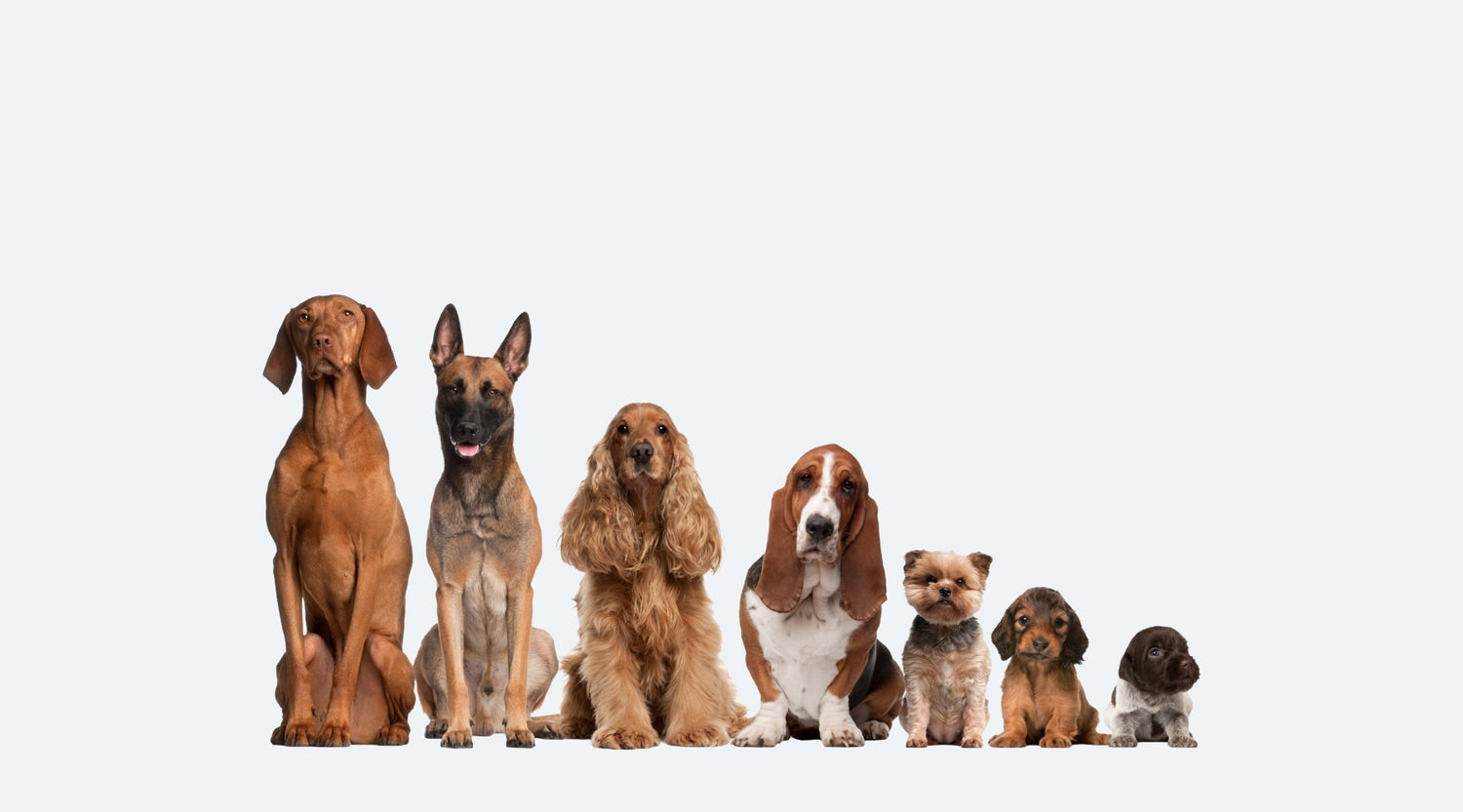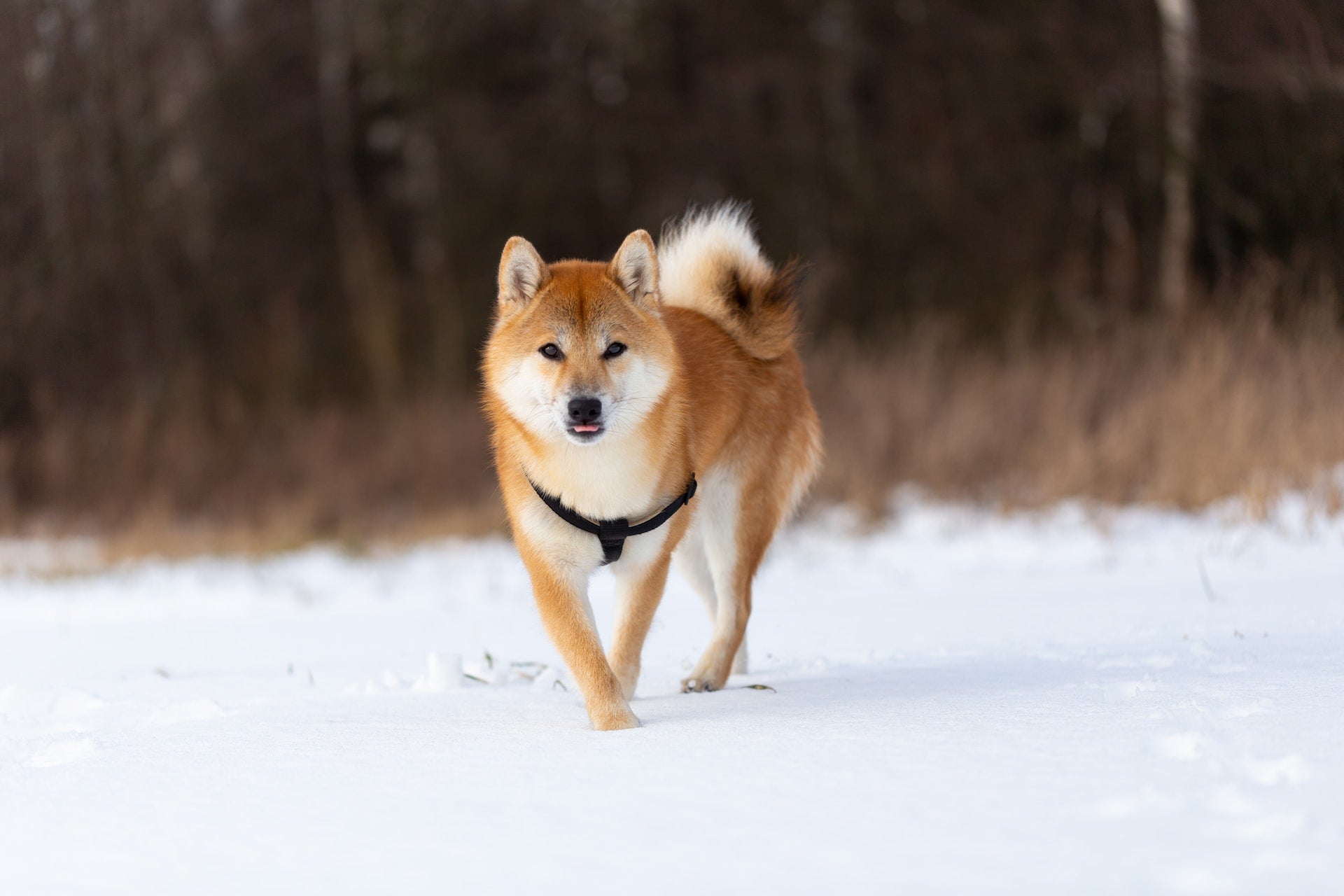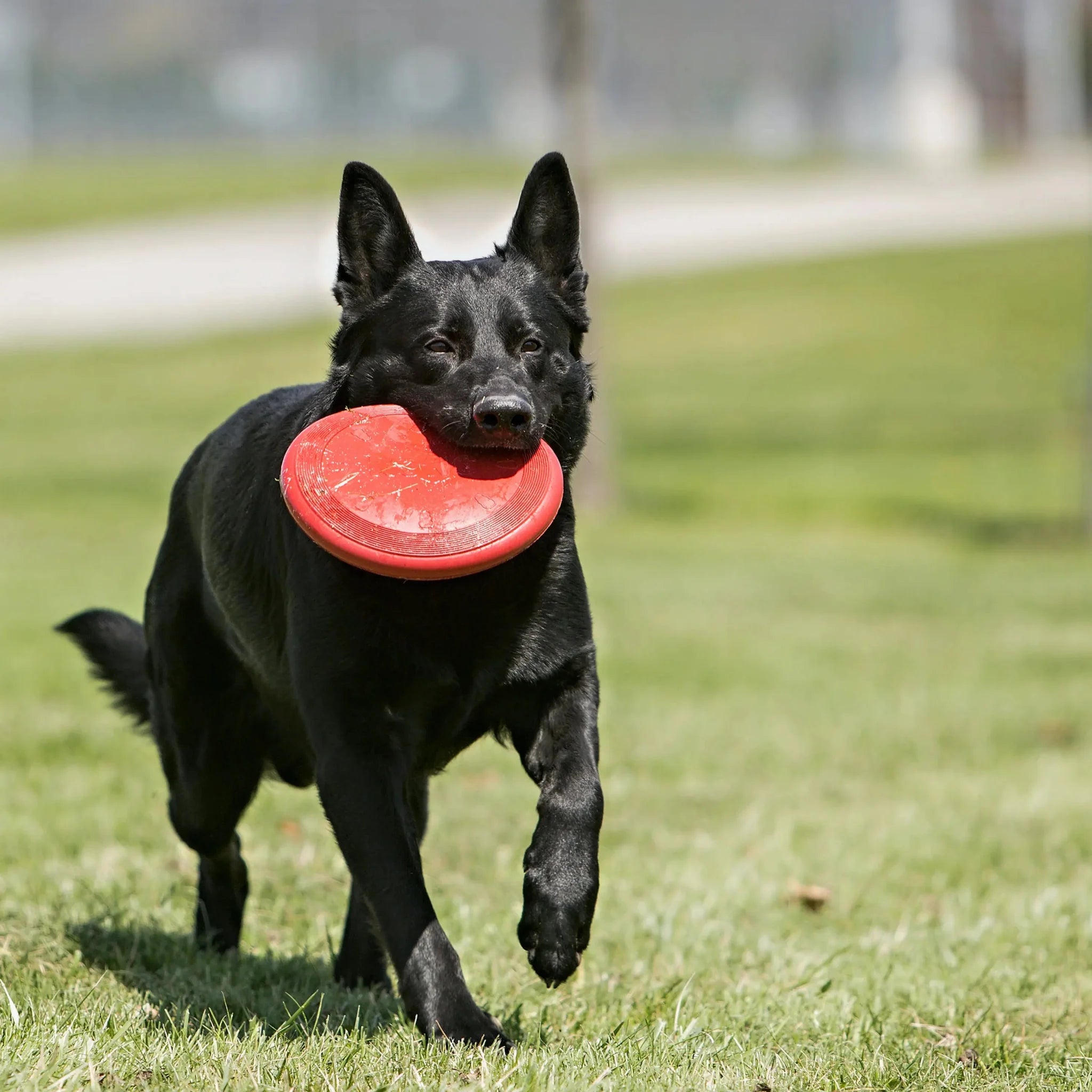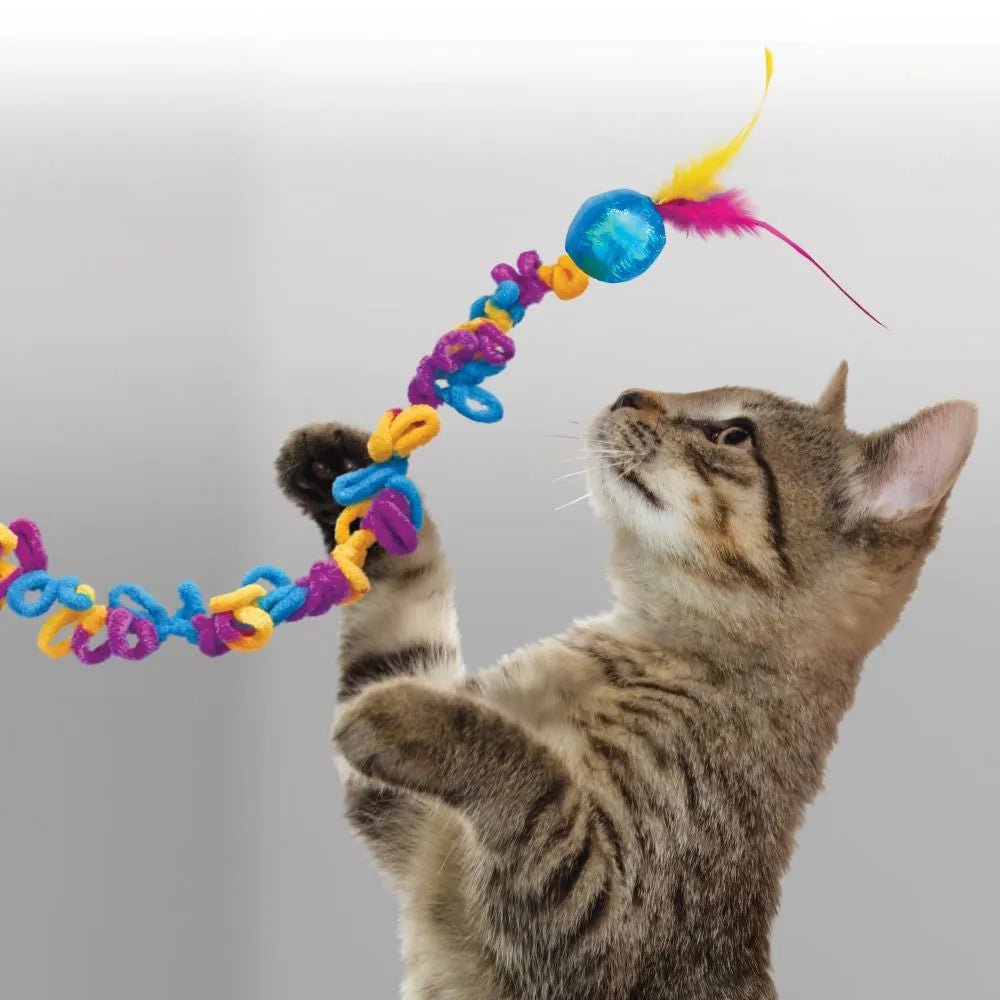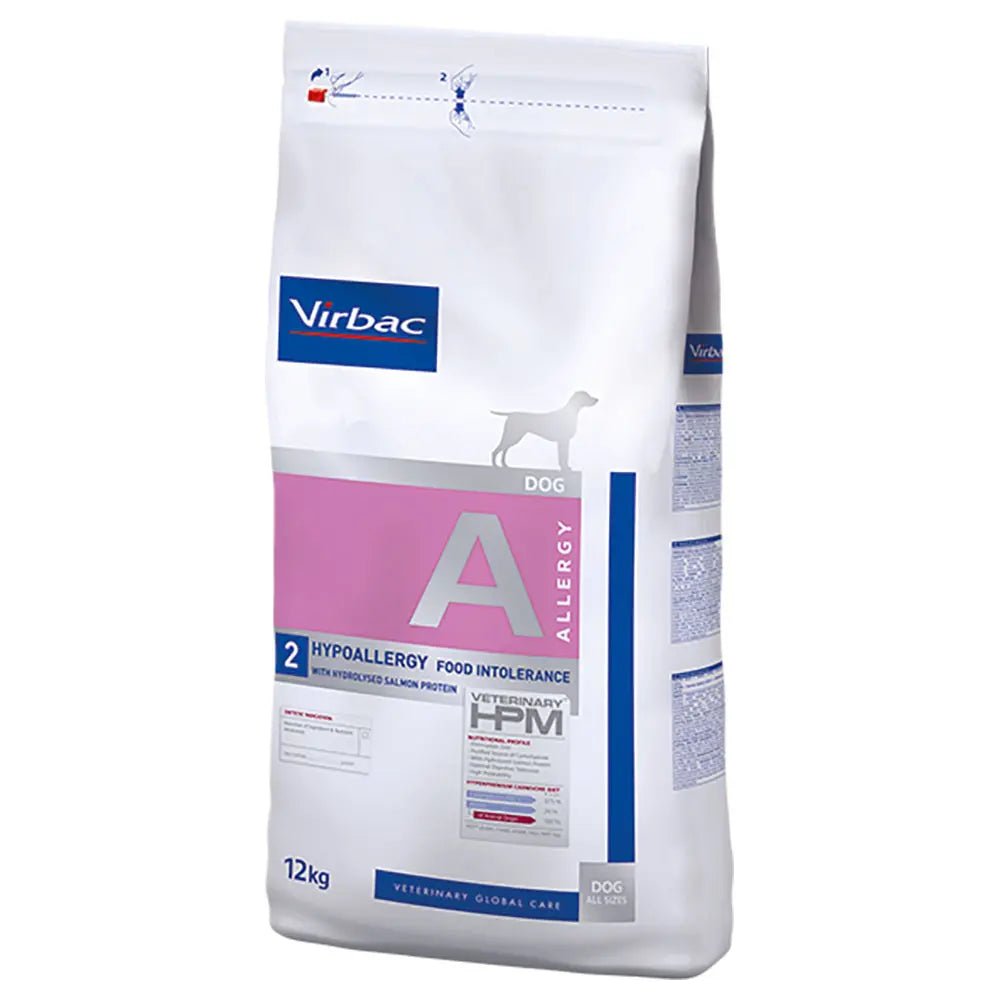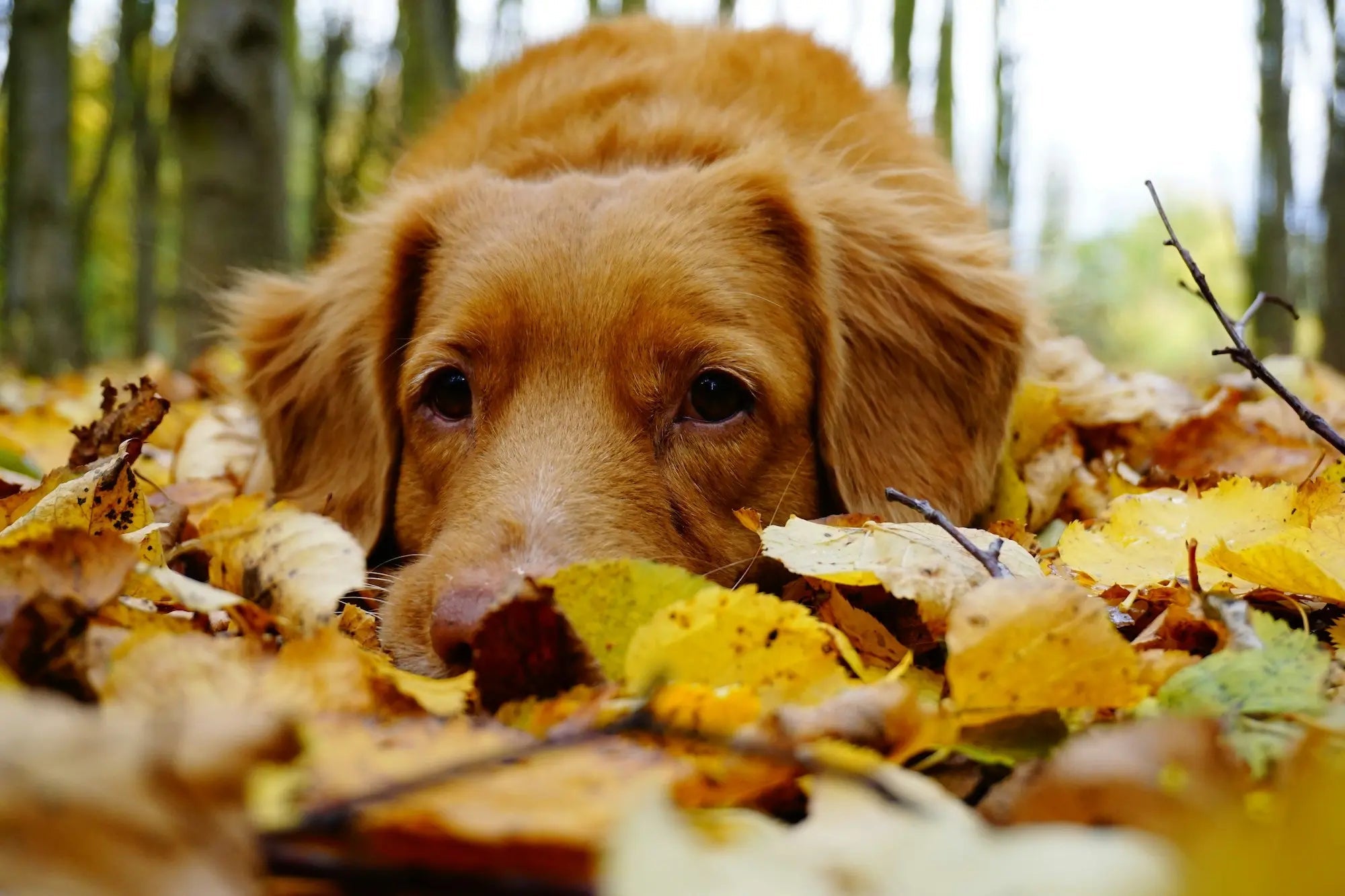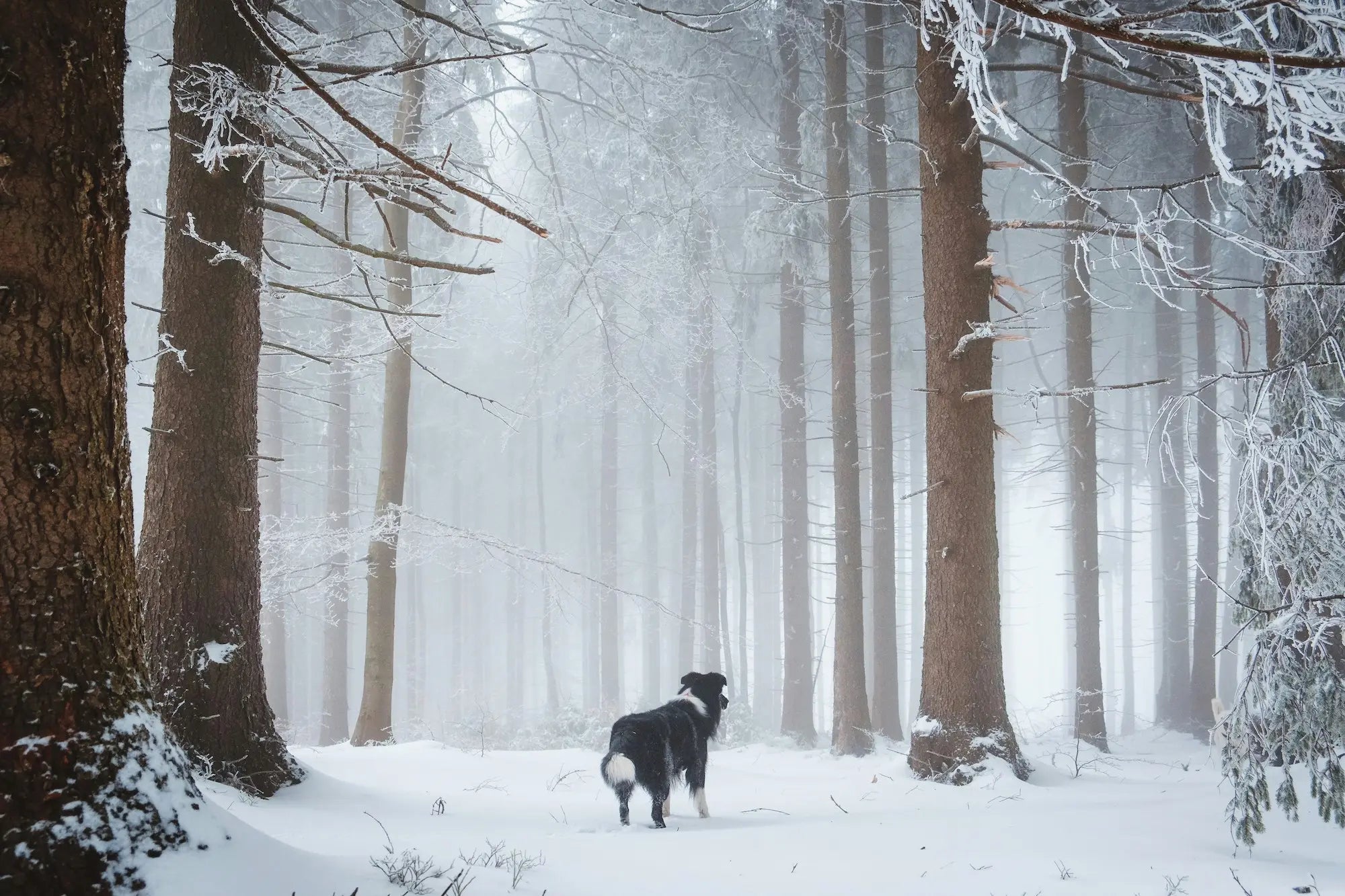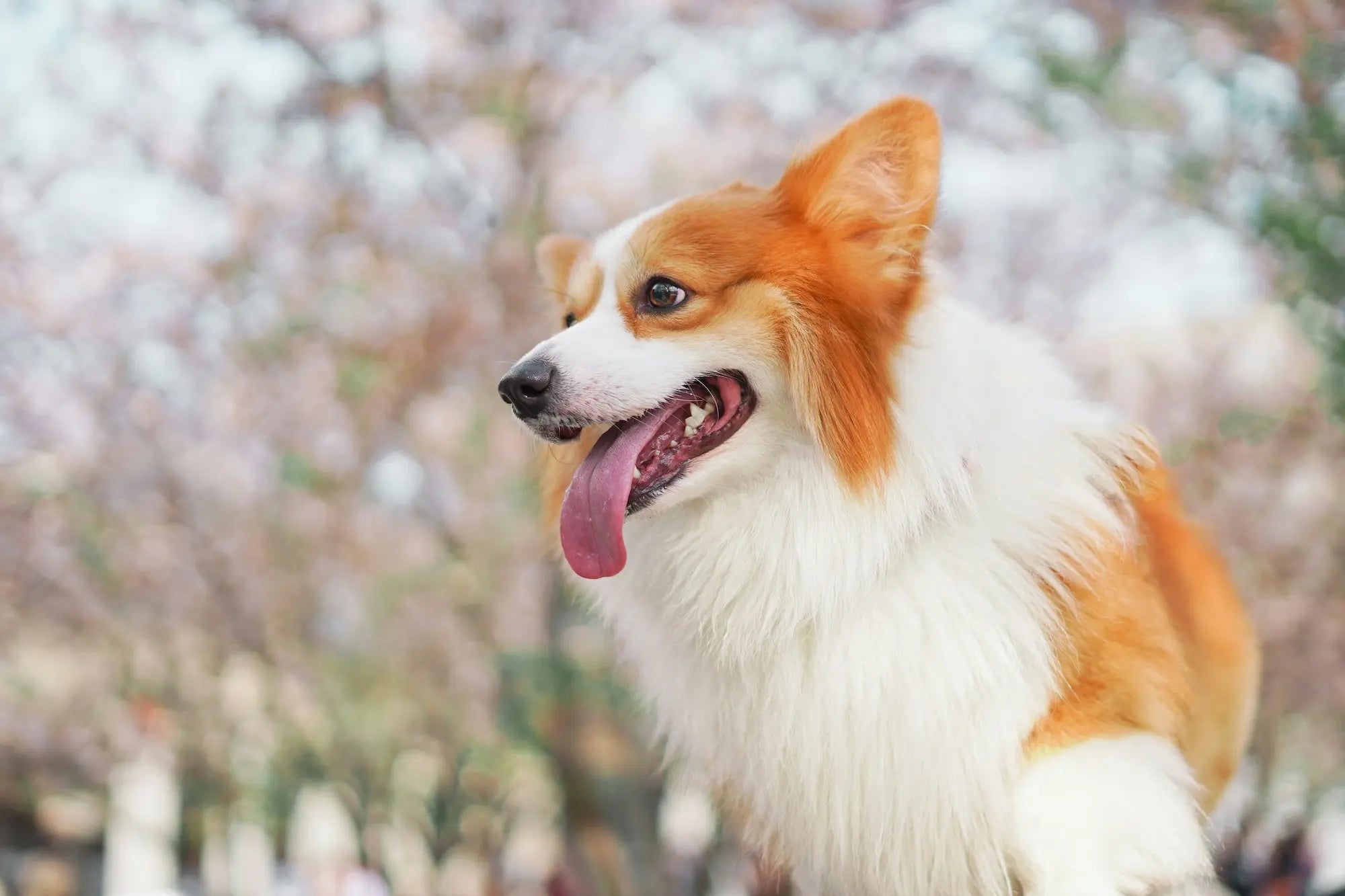The Shiba is a small and cute dog that originates from Japan. It is one of the oldest dog breeds known to us, with historians tracing Shibas back to 300 BCE. Are you curious about the characteristics of a Shiba because you are considering introducing a Shiba into your home? Here is a basic introduction to the dog breed.
race facts

Family friendly

Activity level

Fur care

Training needs

Clearing

Size
Facts about the breed
The Shiba originates from Japan and is what is called a primitive dog. It was originally used to hunt small game. It is therefore an active breed of dog, which requires stimulation to maintain its mental and physical health. The Shiba was almost exterminated during World War II, but fortunately a few survived bombings and epidemics. The small number of survivors were bred to save the breed.
What can you expect as a Shiba owner?
Personality
Personality
The Shiba is a lively dog that thrives outdoors. It is agile, fast and brave – qualities it has developed from a long life as a hunter. It is also very loyal and only interested in people it knows. The Shiba can therefore seem shy around other people, but this is only because it takes time for it to warm up to people.
Activity level
Activity level
The dog requires regular exercise and wants to be stimulated both mentally and physically. It is still used for hunting in Norway, often in deer and elk hunting, and is also approved as a tracking dog.
Training
Training
The Shiba is very independent and this is something you have to tolerate as an owner. You cannot force it to do something it does not want to do, and it does not respond to punishment. If you punish a Shiba, it will remember this and lose trust in you. Instead, you should be patient when training it, and treat it consistently and firmly. Be more stubborn than it is, and do not subdue it. For example, use positive rewards and clicker training.
Health
Health
Weight and size
Male dogs grow to be about 40 cm tall, while females are about 37 cm. The Shiba weighs between 7 and 11 kg as an adult, depending on whether it is a male or female.
Hereditary diseases
The Shiba is a robust breed of dog. Although generally healthy, Shiba dogs can develop eye diseases. They may be predisposed to the retinal disease PRA. Breeding dogs should have their eyes checked regularly by a veterinarian.
Fur
Fur
A Shiba requires little grooming . It has a dense, double coat, ideal for cold climates. The undercoat is also soft and thick. The coat is quite water and dust repellent, which means that you usually don't have to bathe it. After being out in the rain or getting dirty, you can easily brush off the dirt after the coat has dried. The Shiba sheds twice a year, and therefore requires little grooming.
Food and nutrition
Food and nutrition
It is important to balance the food and water intake of a Shiba Inu. Feed your dog at least twice a day, and choose the right food for your dog. Please consult a veterinarian if you have any questions about food.
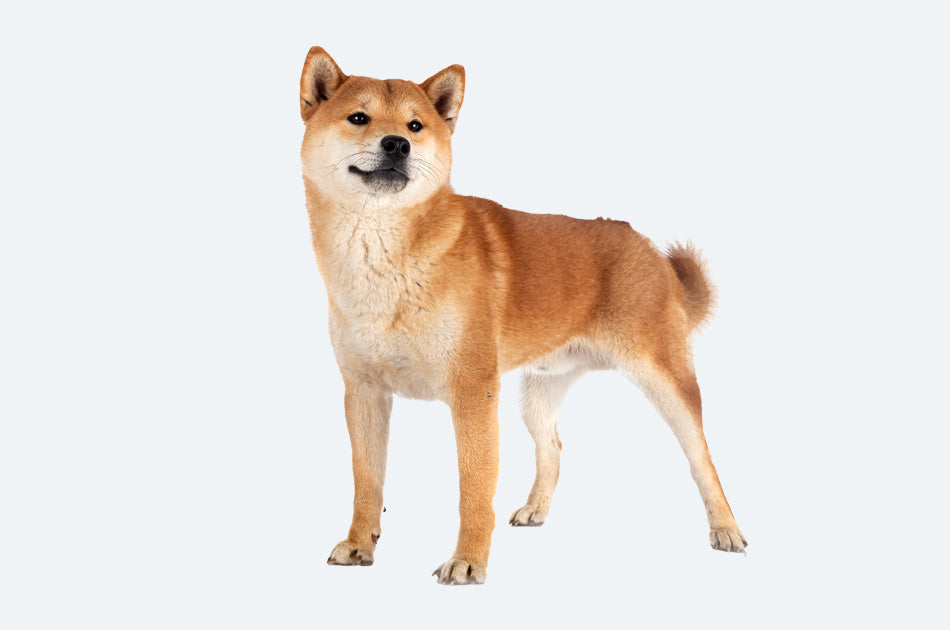
Shiba
If you are going to acquire a Shiba, it is crucial that you deal with a reputable breeder. You should expect to pay between 18,000 and 24,000 kroner for a Shiba.
It is important that you choose a seller who gives you detailed information about how the Shiba was bred. Unfortunately, not everyone breeds responsibly, which can lead to serious diseases in the puppies. You should always make sure that the process has been within the regulations. You do not want to end up in a situation where you are contributing to uncontrolled breeding or illegal dog trading. Therefore, be well prepared and take the time to find a reliable breeder.
